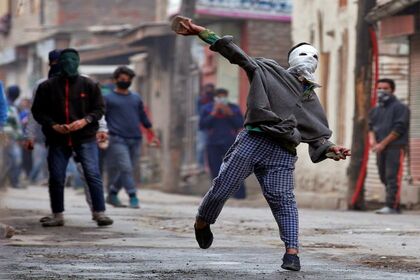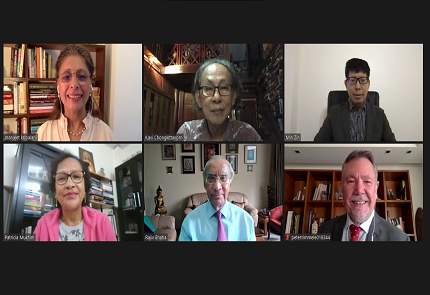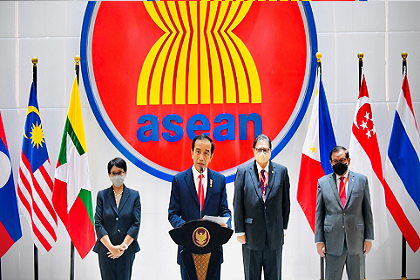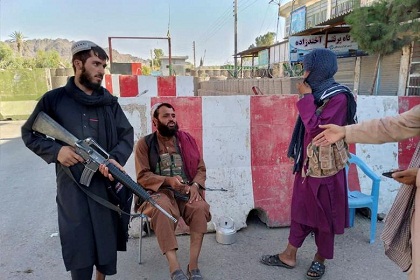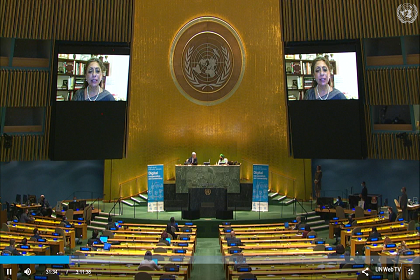Hurdles in class action
Incidents such as the recent ONGC barge disaster underline the absence of effective class action suits in India. Tougher action on neglect and liability is vital to assure safety, prevention measures and minimise incidents of negligence. How can India move in the direction of accountability to make it a better abode for employment and business?


